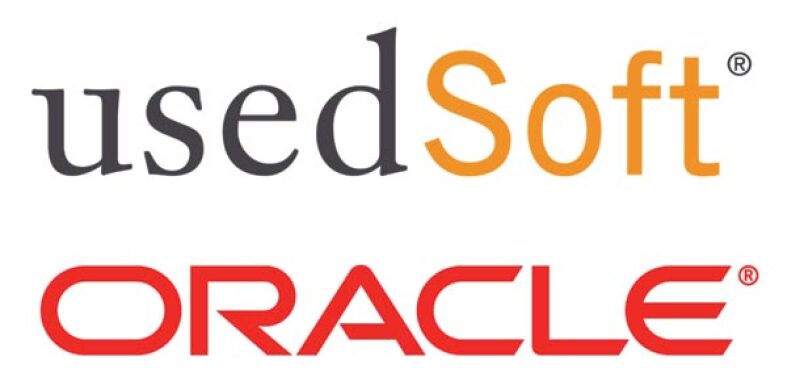
The result
Software licences can be resold
The impact
The possibility of a sophisticated market for pre-used software licences
A ruling from Europe's highest court in July should make it easier for people who have more software than they need to sell it people wanting extra. That's good news for software users but less good for program-writing companies.
The Court of Justice of the EU ruled on July 3 in a dispute between software reseller UsedSoft and technology company Oracle. It said that customers of software resellers who buy an updated user licence may download the software from the copyright owner's website.
UsedSoft clients that do not already possess the software download it from Oracle's website after acquiring a so-called used licence. Clients who already have the software can buy another licence for additional users or to receive software updates. They then download the software to the main memory of the computers of those new users.
Oracle objected to the resale practice and asked the German courts to order UsedSoft to stop. Germany's Federal Court of Justice asked the Court of Justice of the EU to interpret the directive on the legal protection of computer programs.
The ruling from Europe's top court means that an author of software cannot prevent the resale of a pre-used licence allowing the use of his programs to be downloaded from the internet. In particular, the exclusive right of distribution of a copy of a computer program covered by the licence is deemed to be exhausted on its first sale.
Even if the licence agreement bans a further transfer, the IP owner cannot oppose the resale of the copy or to copies of the program that are later updated by the software author.
Conor Ward, partner at Hogan Lovells, says the decision could have profound effects on the software industry. In the subdued economic climate, many companies have a surplus of software licences as they lay off workers: "It is likely that a market for pre-used software licences could develop fairly rapidly.
But software companies such as Oracle can take some comfort from the Court's ruling. The judges said that if Oracle's customers buy a licence that allows them to provide the software to more users than need it, the customer cannot then divide the licence and resell only part of it.
In addition, any Oracle customer that sells his licence must then make the software downloaded onto his own computer unusable.
Ultimately of course, any ruling on technology is in danger of being superseded by developments in the sector. In this case, Flemming Moos of Norton Rose in Hamburg says that technical measures may undermine the potential impact of the ruling. "In Germany the Federal Court of Justice has decided that software manufacturers may protect their software by technical means such as product activation mechanisms that link a software program to a certain user, so that the software can only be used by the respective user and resales are hindered by technical means," he says. If that ruling is upheld, software manufacturers could enforce their interests using technical measures. Another option would be for them to provide software over the internet through the so-called cloud.
Now that UsedSoft has liberalised the EU software resale market, there will be pressure for the US to free up its own resale market. Watch out for similar fights on the other side of the Atlantic.
Case details |
| UsedSoft v Oracle Technology: Software Copyright owner: Oracle Other party involved: Usedsoft Courts: Court of Justice of the EU following a referral from Germany's Federal Court of Justice For UsedSoft: Meisterernst Rechtsanwälte For Oracle: TCI Rechtsanwalte |
This case was selected as one of Managing IP’s Cases of the Year for 2012.
To see the rest, click on one of the cases below.
The 10 cases of the year
A fillip for the EU pharmaceutical sector
Relief for trade mark owners in red sole saga
Australian TV streaming service held to be illegal
Smartphone war hits front page in the US
Liberalising the EU’s software market
Victory for fair dealing in Canada
Lacoste loses its trade mark in China
Google prevails in Android attack
EU test case clarifies class headings
Ten you might have missed
Canada: Ambiguous claims can invalidate patents
Russia: Certainty on parallel imports
Italy: TV formats win copyright for the first time
First FRAND cases litigated worldwide
Data exclusivity backed by Mexican courts
China: A shift over OEM manufacturing
Authors in the US able to reclaim joint copyrights










